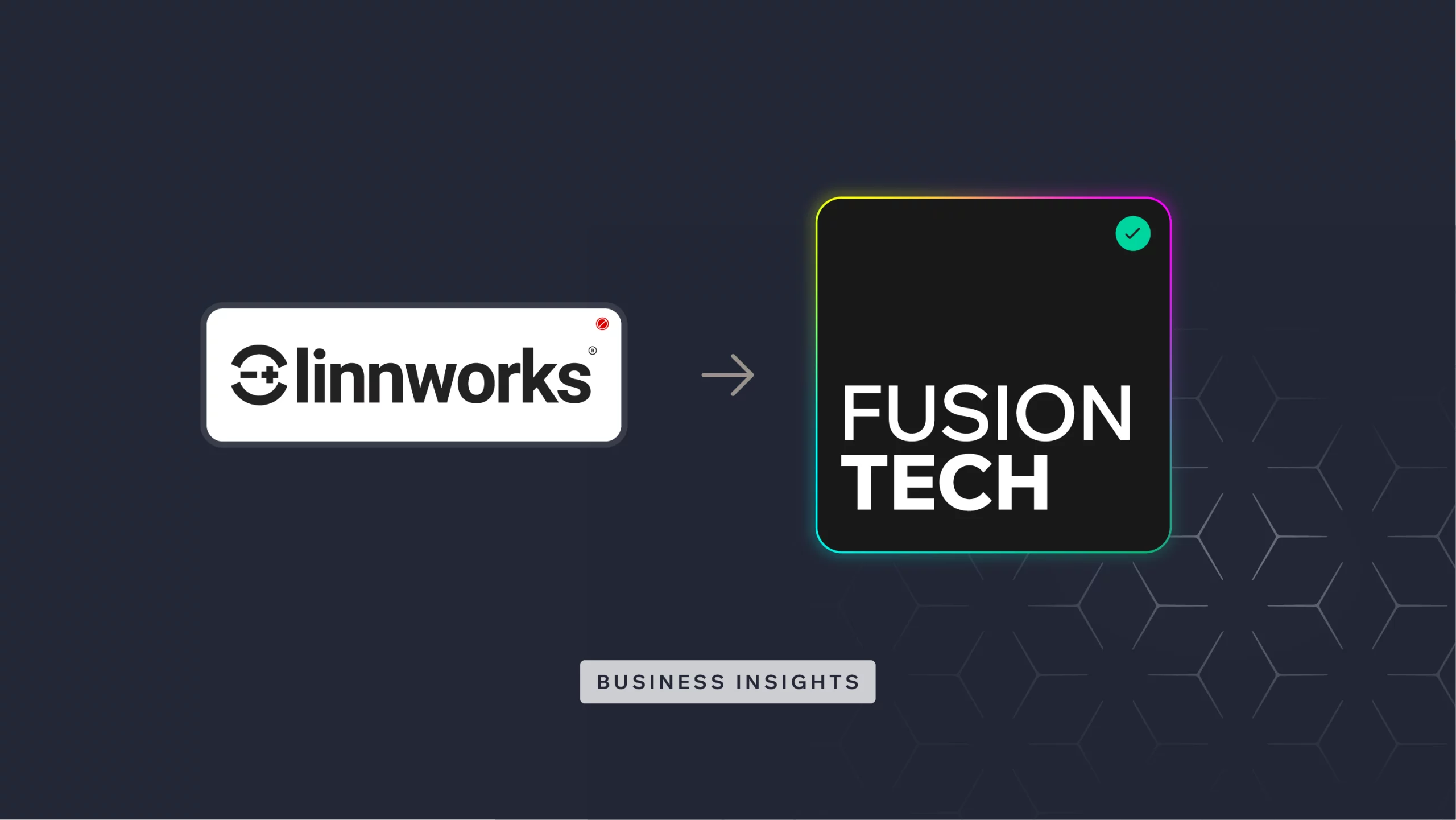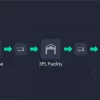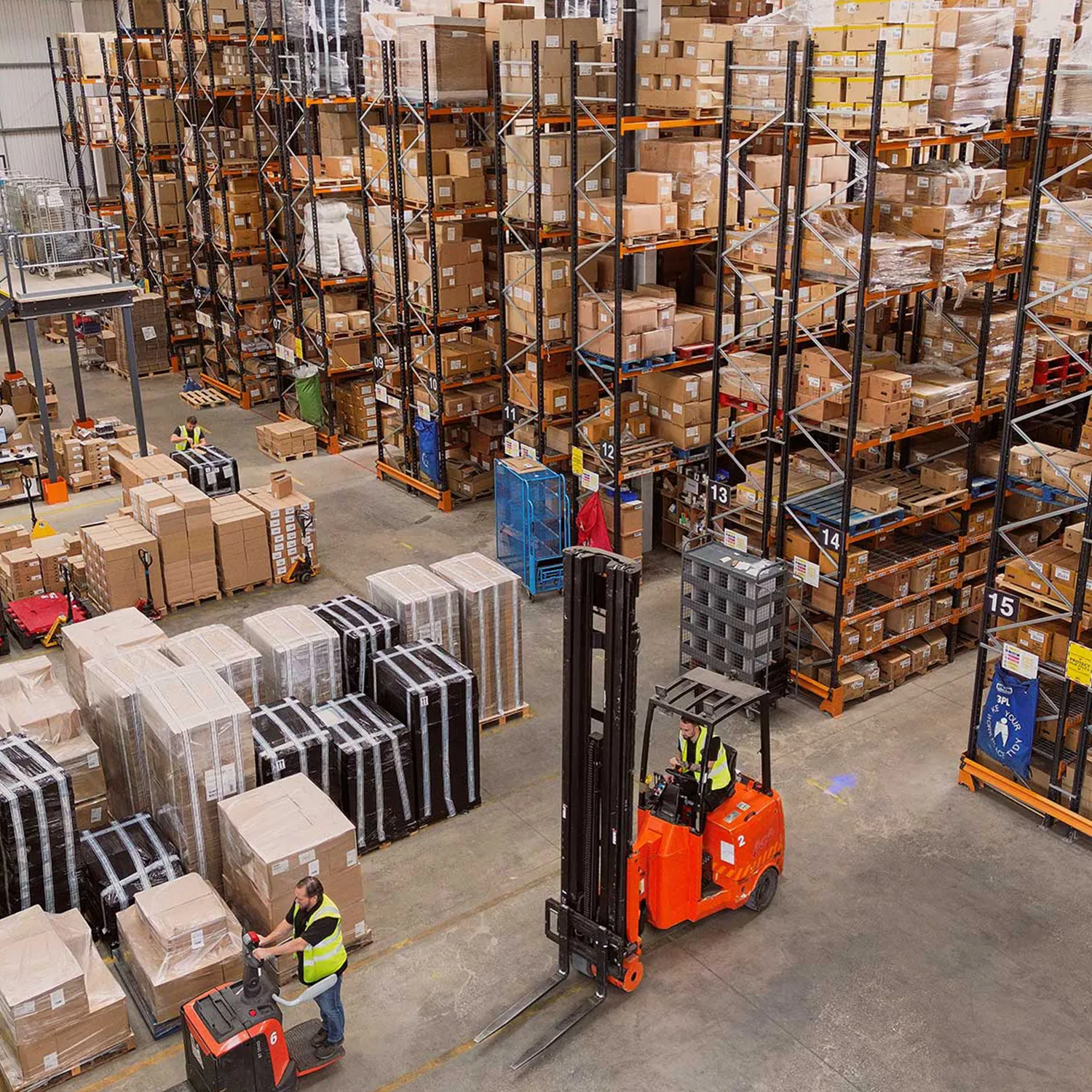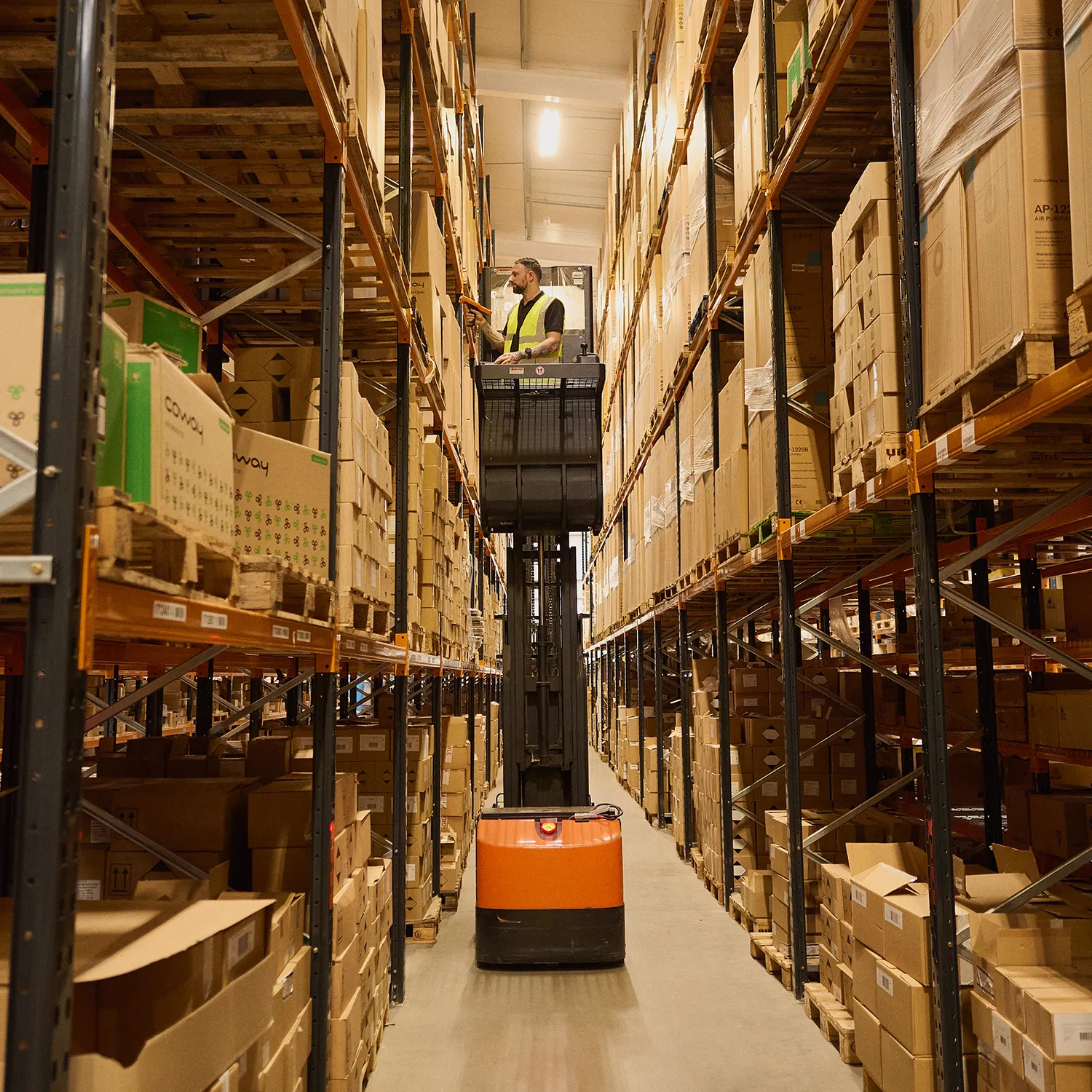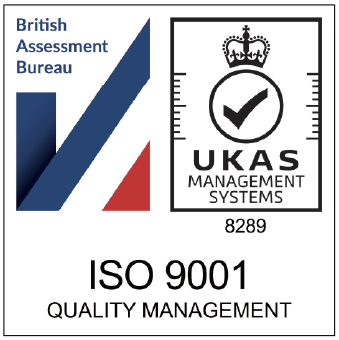Article Overview
Migrating from an existing fulfilment system to 3PL Fusion can seem like a complex process, but with the right planning and support, it can be seamless. This guide explains how businesses can transition smoothly by integrating their existing systems, securely migrating data, and maintaining fulfilment continuity during the switch. With cost-saving benefits and scalable infrastructure, 3PL Fusion provides a future-proof solution for growing businesses.
Switching fulfilment systems can seem like a daunting task, especially if your business has been using the same system for years. Whether you’re managing inventory and orders through Linnworks, a custom-built system, or another third-party order management solution, migrating to a new system requires careful planning. However, with the right support, the process can be seamless and even cost-saving.
3PL Fusion is designed not just as a standalone fulfilment platform but as an integrated solution that can connect with your existing system. If your current setup is causing inefficiencies, limiting scalability, or leading to rising costs, migrating to 3PL Fusion can provide a smarter, more flexible alternative. In this guide, we will walk through the migration process, highlighting the benefits, challenges, and steps to ensure a smooth transition.
Understanding the Need for Migration
Businesses often hesitate to move away from their existing fulfilment systems, fearing disruption to their operations. However, sticking with outdated or inefficient technology can hold a business back. If your system is struggling with real-time inventory updates, increasing manual processes, or limited integration with multiple sales channels, it may be time to consider an upgrade.
Migrating to 3PL Fusion allows businesses to streamline fulfilment operations, improve efficiency, and reduce costs. Unlike traditional fulfilment systems, which require ongoing maintenance, software updates, and technical expertise, 3PL Fusion provides a fully managed solution that evolves with your business.
How Migration Works
Assessing Your Current Setup
Before migrating, it’s important to evaluate your current fulfilment system. This includes reviewing your existing integrations, inventory tracking methods, and order processing workflows. If you’re using a platform like Linnworks, the good news is that 3PL Fusion integrates directly, allowing for a phased transition instead of a sudden switch.
3PL works closely with businesses to map out key data points, such as order histories, SKU details, warehouse locations, and customer preferences. By doing so, the migration process ensures no loss of data and minimal disruption to order processing.
Data Migration and System Integration
One of the biggest concerns during migration is data accuracy. 3PL Fusion facilitates seamless data transfer from your existing fulfilment system, ensuring that product information, stock levels, and customer orders remain intact. Through API connections, existing software like Linnworks, Shopify, or WooCommerce can be linked to 3PL Fusion, reducing the need for manual re-entry of data.
For businesses using spreadsheets or older systems without API capabilities, the migration team at 3PL provides structured support to import inventory records and past order data, ensuring a smooth transition without downtime.
Managing Inventory During Migration
Keeping fulfilment running smoothly during migration is crucial. 3PL Fusion offers a phased approach, allowing businesses to test the system with select orders before fully switching over. This ensures that inventory tracking remains accurate and that any necessary adjustments can be made before migrating all operations.
During this stage, businesses can still use their existing fulfilment system alongside 3PL Fusion, gradually shifting their order processing and inventory management without affecting customer orders. This step-by-step transition helps minimise operational risks.
Training and Support
Switching to a new system requires learning new processes, but the right level of support can make all the difference. 3PL provides onboarding assistance, training sessions, and dedicated account managers to help teams understand the platform’s features and functionalities. Whether it’s setting up new workflows, automating order processing, or optimising inventory tracking, businesses receive hands-on guidance to maximise efficiency.
Cost Savings from Migrating to 3PL Fusion
Beyond operational benefits, migrating to 3PL Fusion offers significant cost savings. Many businesses that maintain their own fulfilment systems must account for software licences, ongoing IT maintenance, manual labour costs, and warehouse management expenses. With 3PL Fusion, businesses eliminate many of these overheads while gaining access to a more scalable and automated fulfilment solution.
Because 3PL Fusion is designed to grow with your business, companies no longer need to invest in expensive software upgrades or warehouse expansions. Instead, they can leverage 3PL’s existing infrastructure to scale operations effortlessly.
Making the Transition Smooth
While migrating fulfilment systems may seem complex, a structured approach ensures a smooth transition. By working closely with 3PL’s migration team, businesses can integrate their existing platforms, migrate data securely, and test new workflows without operational downtime.
If you’re considering a switch but are unsure where to begin, speaking with a fulfilment expert at 3PL can help clarify the process and outline the best strategy for your business.
Take the Next Step Towards Smarter Fulfilment
Migrating from an existing order fulfilment system to 3PL Fusion doesn’t have to be complicated. With expert support, seamless integration, and cost-saving benefits, making the switch can enhance efficiency and help your business scale faster.
Get in touch with 3PL today to learn how we can help migrate your fulfilment system with minimal disruption and maximum benefit.
Speak to 3PL about your eCommerce order fulfiment
It’s time to supercharge your ecommerce brand business and overtake your competitors. Speak to 3PL today and find out how we can take your ecommerce fulfilment to the next level.
